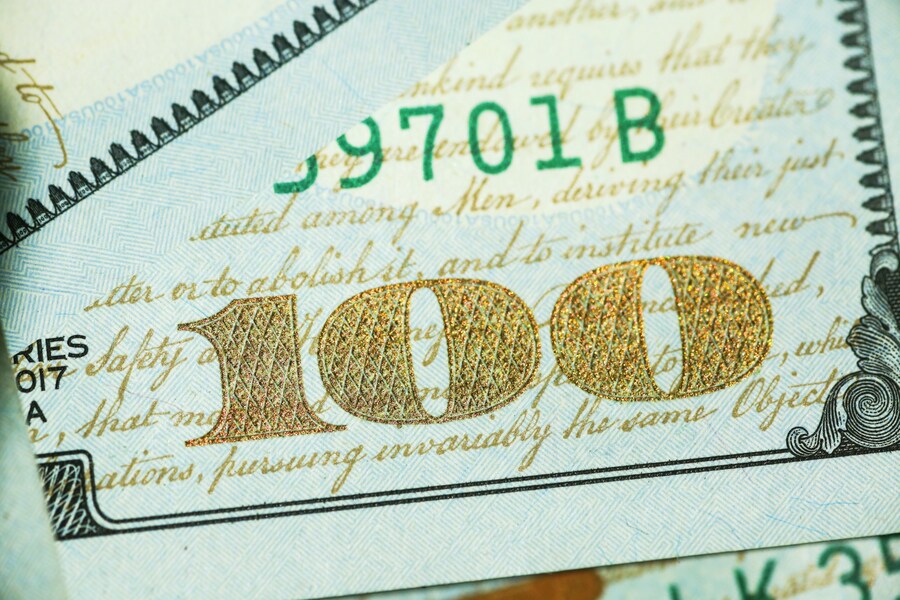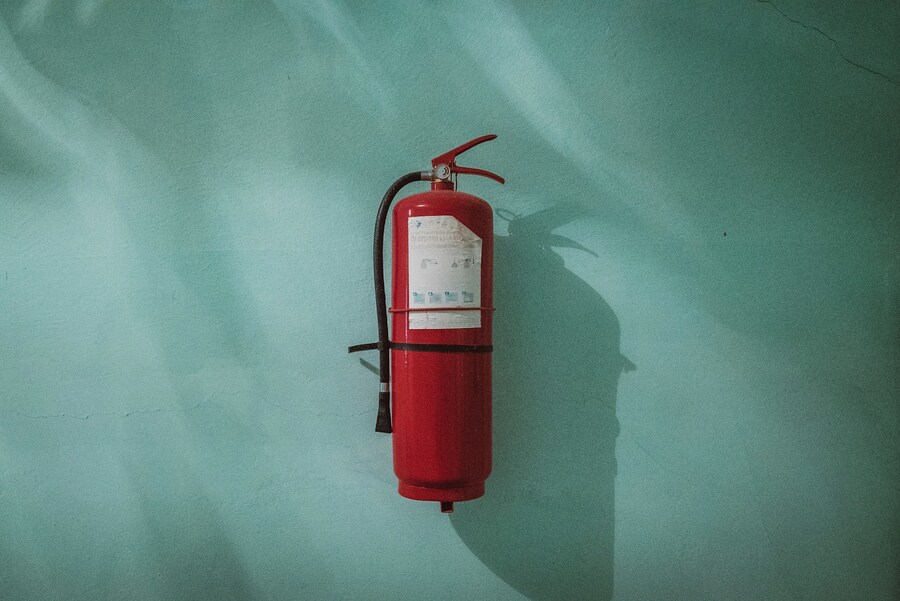The contemporary culture of gratuity provision has become increasingly perplexing, characterized by the pervasive presence of cash registers across the United States that prompt for gratuities in virtually every transactional context. This phenomenon is observed at ground level, where approximately one-third of the American populace perceives the practice as having exceeded reasonable boundaries. In contrast, other nations have established more definitive norms – in certain regions, such as Japan, gratuity is not only unexpected, but also perceived as a breach of decorum – while within the USA, the etiquette surrounding gratuity remains in a state of continuous evolution. Individuals who engage in frequent air travel may question the appropriateness of extending gratuities to flight attendants. Herein lies an exploration of expert perspectives on this matter.
To tip or not to tip? What's the real etiquette in the air?
Do you have to tip at 30,000 feet?

Source: Giorgio Trovato/Unsplash
For individuals who express weariness regarding the prevalence of gratuity practices in North America, it's noteworthy that gratuity provision is exceedingly uncommon at cruising altitudes – although instances of passengers attempting to offer gratuities in first-class cabins are occasionally observed. Numerous airlines have implemented explicit policies that prohibit flight attendants from accepting gratuities.
For instance, American Airlines permits the acceptance of "promotional items, complimentary tickets, or perishable gifts (confectionery, fruits, etc.)" provided their monetary value doesn't surpass $100; however, "cash, gift cards, and gift certificates" are explicitly prohibited under any circumstances, as reported by the aviation blog View from the Wing. In situations involving the acceptance of permissible items, crew members are encouraged to share these gifts with their colleagues "when feasible."
United Airlines officially maintains a policy that disallows gratuities, according to a report published by MarketWatch, while Southwest Airlines strongly discourages the practice – although it permits flight attendants to accept gratuities "should a customer insist."
"The practice was historically considered inappropriate and undignified, and the majority of airlines prohibited the solicitation or acceptance of gratuities, although isolated instances did occur," George Hobica, the founder of Airfarewatchdog, conveyed to CNBC in 2019. "The majority of cabin crew members would prefer that passengers submit letters of commendation to the airline in recognition of exceptional service."
Safety vs. service

Source: Piotr Chrobot/Unsplash
The primary rationale for the perception of gratuity provision as inappropriate for flight attendants stems from its potential to obscure their fundamental role. While passengers predominantly interact with flight attendants during the provision of food and beverage services, the crew members' principal responsibility pertains to the assurance of passenger safety, rather than the provision of service.
Passenger attention is typically heightened during the distribution of refreshments; however, the safety demonstration, which is frequently disregarded, constitutes a significantly more critical aspect of a flight attendant's duties. The normalization of gratuity provision on aircraft could alter the dynamic between passengers and flight attendants, potentially incentivizing behaviors that detract from their primary safety-related responsibilities, according to industry leaders.
Frontier Airlines garnered considerable attention in 2019 when it initiated the solicitation of gratuities for cabin crew during the purchase of in-flight food and beverages. This development elicited dissatisfaction among numerous passengers, as well as the Association of Flight Attendants (AFA), which represents 50,000 flight attendants across 20 airlines.
"Flight attendants are certified for their safety, health, and security responsibilities," AFA president Sara Nelson stated in an official communication. "Safety isn't a variable, and consequently, base compensation for a safety-related role cannot be contingent upon variables." This, of course, reflects a broader issue associated with gratuity practices: the reliance on customer subsidization of inadequate wages.
"Over the objections of the AFA when the function was implemented nearly 3 years prior, Frontier's management proceeded with a gratuity option for passengers in the hope of deterring flight attendants from collective bargaining for a fair contract – and to transfer additional costs to the passengers," Nelson elaborated in her statement. The practice of gratuity provision at 30,000 feet may be a relatively recent phenomenon, but the underlying issues it raises aren't.
To date, Frontier Airlines remains the sole major U.S. airline that explicitly authorizes flight attendants to accept gratuities. However, passengers flying with other airlines aren't entirely precluded from expressing gratitude for exceptional service.
Frequent flyers on airlines, such as American and Delta receive a predetermined number of commendation certificates annually, which can be awarded to employees for exemplary service. These certificates can be redeemed for rewards. Moreover, numerous flight attendants receive commissions when passengers enroll in their respective airlines' credit card programs during flights. Passengers who wish to accumulate additional miles and express appreciation for particularly helpful flight attendants may utilize their referral codes. Alternatively, passengers can submit commendations through the airlines' websites to recognize flight attendants for providing outstanding service.
Start your trip right with our smart booking platform – ParkingNearAirports.io!

Source: Willfried Wende/Unsplash
Before you depart, arrange your best long-term airport parking through our booking platform – ParkingNearAirports.io! Enjoy cheap park and fly rates and don't miss out on valuable parking discounts – keeping your vehicle safe and your travels stress-free. Park smarter, travel happier!






